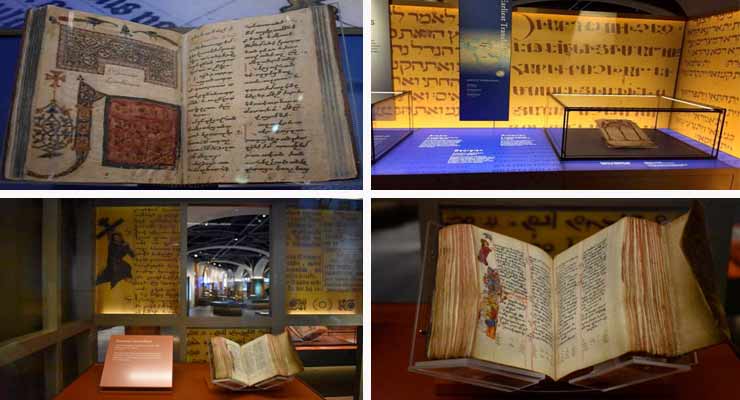
Christian Armenian manuscripts
Several early Christian Armenian art manuscripts also are displayed at the newly opened Museum of the Bible, in Washington D.C.
Armenian News-NEWS.am has learned from the embassy of Armenia in the United States that the 12th- to 15th-centuries’ illustrated Armenian Gospel, which belonged to the Armenian kings of Cilicia, as well as the 17th-century Armenian manuscript Gospel from Constantinople are among the exhibits of this museum.
In addition, the translations’ section of this museum tells the story of the creation of the Armenian alphabet in the 5th century by Mesrop Mashtots, and the main objective of which was to translate the Bible from Greek and Latin into Armenian.

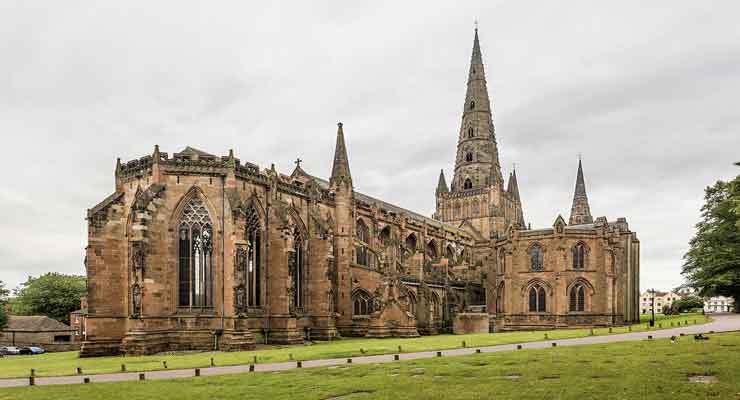 by
by 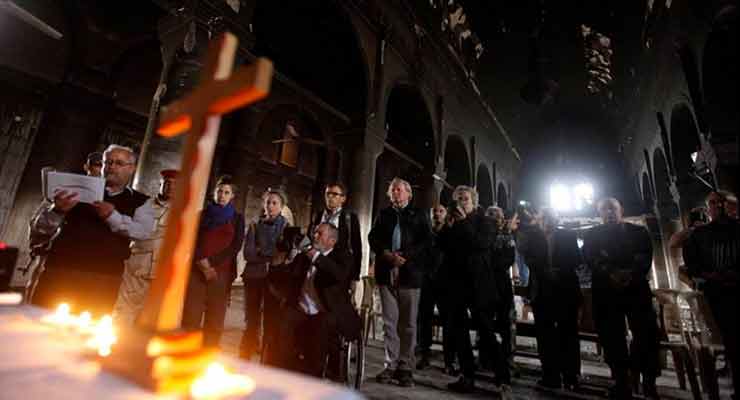 Omar Sattar
Omar Sattar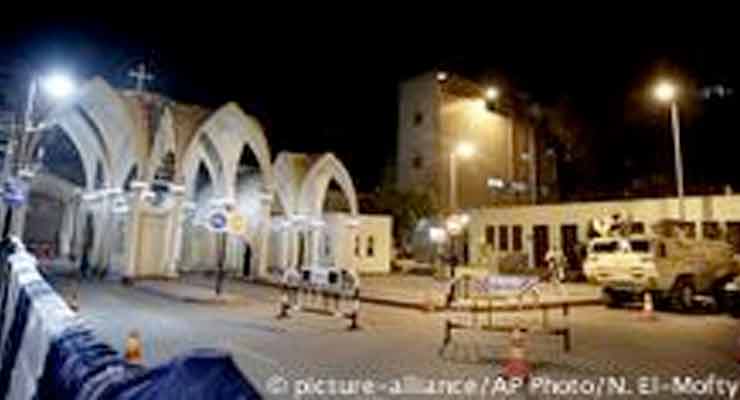 Tight security and grief have cast a shadow on Easter Mass services for Egypt’s Coptic Christians just days after 45 people died in twin church bombings. The militant “Islamic State” group claimed the Palm Sunday blasts.
Tight security and grief have cast a shadow on Easter Mass services for Egypt’s Coptic Christians just days after 45 people died in twin church bombings. The militant “Islamic State” group claimed the Palm Sunday blasts.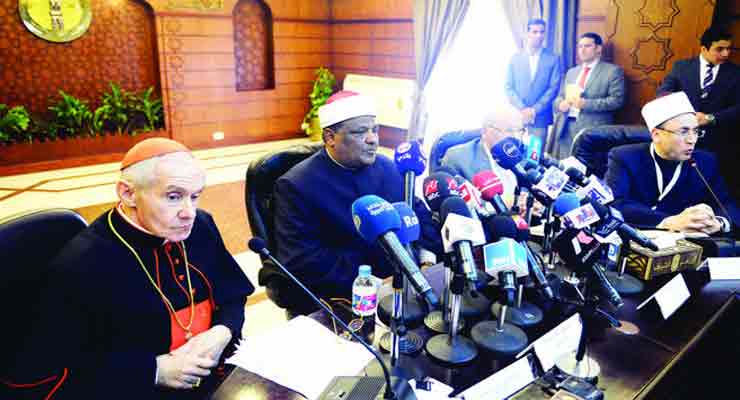 EL-ARISH: Egyptian security officials said suspected militants have killed two Christians in the restive north of the Sinai Peninsula, days after a Daesh affiliate vowed to step up a wave of attacks on the embattled minority.
EL-ARISH: Egyptian security officials said suspected militants have killed two Christians in the restive north of the Sinai Peninsula, days after a Daesh affiliate vowed to step up a wave of attacks on the embattled minority. 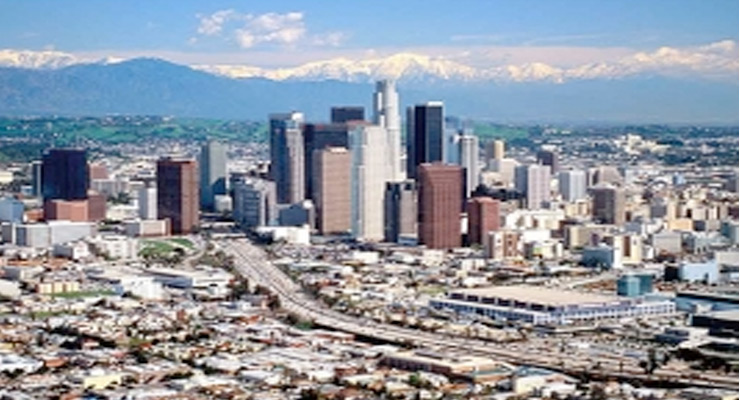 When President Donald Trump signed his executive order halting refugee admissions last month citing national security, he made it a point to say that religious minorities, especially Christians, would be given priority.
When President Donald Trump signed his executive order halting refugee admissions last month citing national security, he made it a point to say that religious minorities, especially Christians, would be given priority.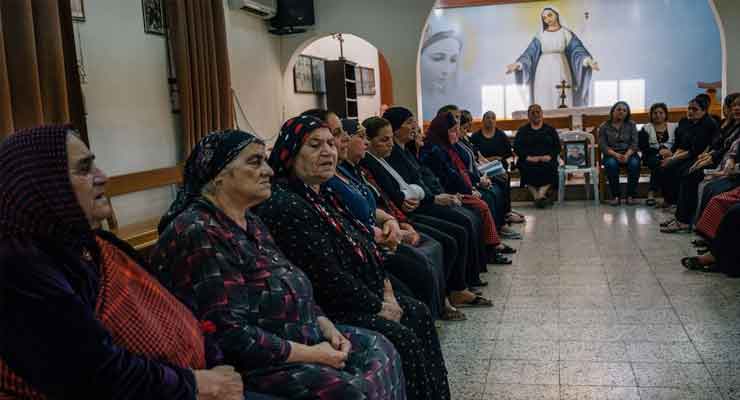 By
By 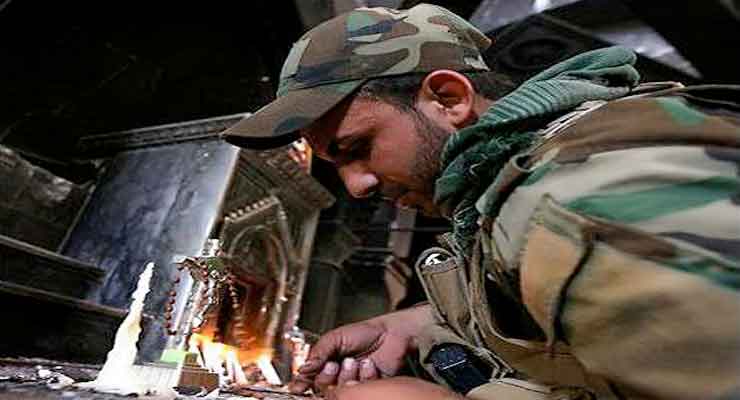
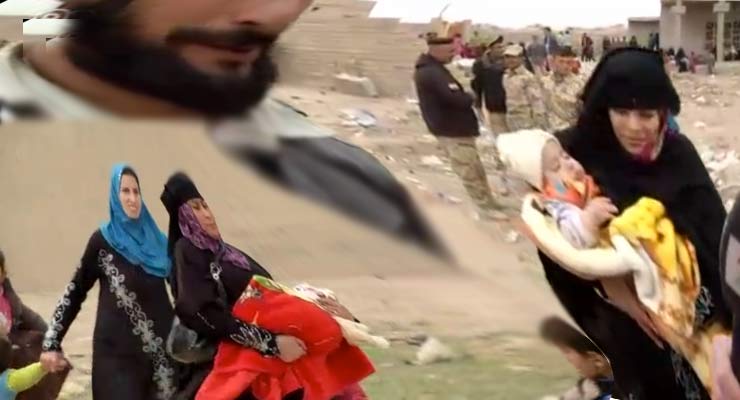 For over two years, the Iraqi Christian town of Qaraqosh was the favorite abode for many leaders of the “Islamic State” (IS) group. Judit Neurink reports from Irbil.
For over two years, the Iraqi Christian town of Qaraqosh was the favorite abode for many leaders of the “Islamic State” (IS) group. Judit Neurink reports from Irbil.